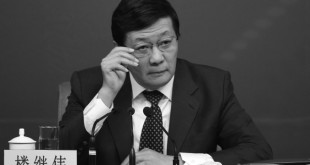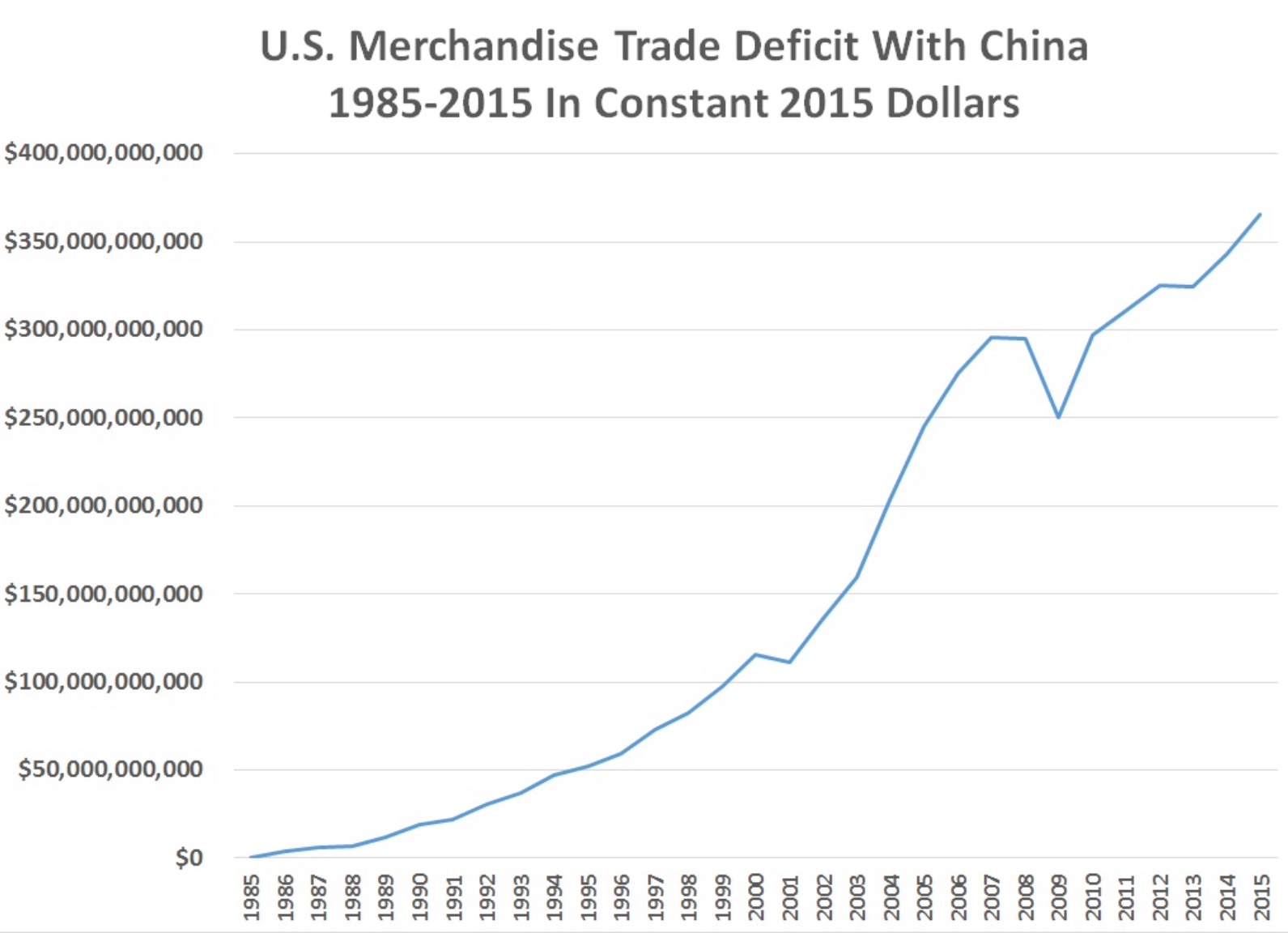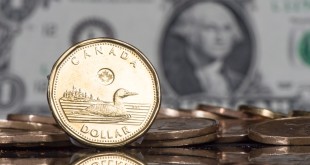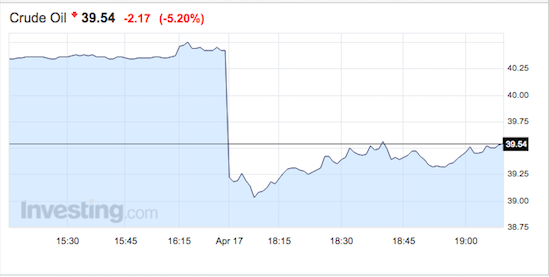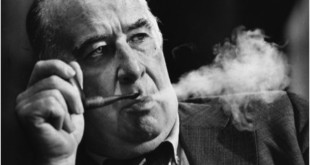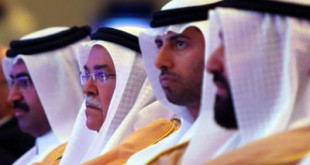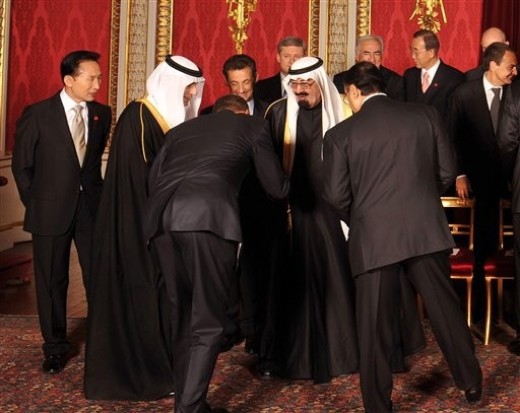This is called extortion, in the criminal world. Naturally, the Obama administration is lobbying congress to stop a bill that would implicate the Saudi government in being complicit in the 9/11 attacks. It would pave the way to allow the families of the victims to sue the Sauds. This is an inconvenience the Kingdom would like to avoid.
As such, reported by the NY times, they sent a hatchet man to Washington to inform them that if this were to occur, they’d scorch the fucking earth we walk upon, sell off American assets ad hoc, and release a firestorm of financial pain upon us never scene before in the history of man.
Adel al-Jubeir, the Saudi foreign minister, delivered the kingdom’s message personally last month during a trip to Washington, telling lawmakers that Saudi Arabia would be forced to sell up to $750 billion in treasury securities and other assets in the United States before they could be in danger of being frozen by American courts.
Several outside economists are skeptical that the Saudis will follow through, saying that such a sell-off would be difficult to execute and would end up crippling the kingdom’s economy. But the threat is another sign of the escalating tensions between Saudi Arabia and the United States.
The administration, which argues that the legislation would put Americans at legal risk overseas, has been lobbying so intently against the bill that some lawmakers and families of Sept. 11 victims are infuriated. In their view, the Obama administration has consistently sided with the kingdom and has thwarted their efforts to learn what they believe to be the truth about the role some Saudi officials played in the terrorist plot.
“It’s stunning to think that our government would back the Saudis over its own citizens,” said Mindy Kleinberg, whose husband died in the World Trade Center on Sept. 11 and who is part of a group of victims’ family members pushing for the legislation.
President Obama will arrive in Riyadh on Wednesday for meetings with King Salman and other Saudi officials. It is unclear whether the dispute over the Sept. 11 legislation will be on the agenda for the talks.
A spokesman for the Saudi Embassy did not respond to a message seeking comment.
Saudi officials have long denied that the kingdom had any role in the Sept. 11 plot, and the 9/11 Commission found “no evidence that the Saudi government as an institution or senior Saudi officials individually funded the organization.” But critics have noted that the commission’s narrow wording left open the possibility that less senior officials or parts of the Saudi government could have played a role.
Suspicions have lingered, partly because of the conclusions of a 2002 congressional inquiry into the attacks that cited some evidence that Saudi officials living in the United States at the time had a hand in the plot.
Those conclusions, contained in 28 pages of the report, still have not been released publicly.
The dispute comes as bipartisan criticism is growing in Congress about Washington’s alliance with Saudi Arabia, for decades a crucial American ally in the Middle East and half of a partnership that once received little scrutiny from lawmakers. Last week, two senators introduced a resolution that would put restrictions on American arms sales to Saudi Arabia, which have expanded during the Obama administration.
Families of the Sept. 11 victims have used the courts to try to hold members of the Saudi royal family, Saudi banks and charities liable because of what the plaintiffs charged was Saudi financial support for terrorism. These efforts have largely been stymied, in part because of a 1976 law that gives foreign nations some immunity from lawsuits in American courts.
Comments »

